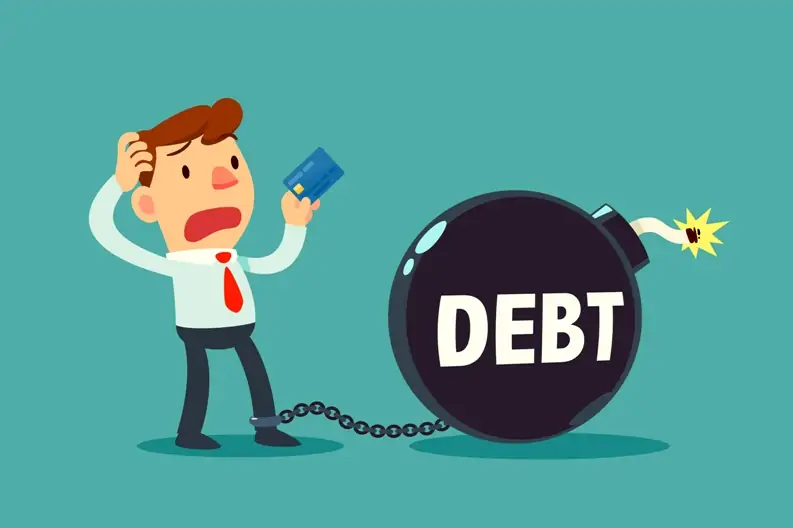A large number of people spend all their earnings shortly after receiving their paycheck. The situation becomes more difficult to handle when credit card debt exists because minimum payments deplete the already low amount of available funds. The practice of using credit cards to handle expenses produces a hazardous cycle which allows debts to increase beyond control thus making financial stability seem impossible to achieve. An unclear approach to handle spending and debt makes it simple to stay trapped within this exhausting cycle.
To escape the practice of spending everything each payday you need both financial habit adjustments and mental mindset modifications. High-interest debt takes away money from available earnings so people have little remaining funds to save or deal with unplanned costs. A realistic budget coupled with spending trigger recognition enables individuals to get control of their finances so they can minimize credit card usage.
Creating a Practical Budget for Stability
Budget organization stands as the fundamental tool which helps people overcome their financial instabilities. People shy away from budgeting since they view it as restrictive although it delivers specific details about spending habits and better spending strategies. Priority needs including rent payment must be the first expenses in your budget followed by utility costs and food expenses while saving should also be factored in along with debt payback. By examining spending patterns people can detect superfluous expenses which let them redirect the saved money toward credit card balance elimination.
Setting automatic payments for bills alongside savings transfers helps budget efficiently. In advance scheduling of payments you reduce the risk that would cause you to miss due dates thus avoiding late fees as well as extra interest charges. Staring small savings into an emergency fund enables people to avoid using credit cards in emergency situations and this cuts down on their debt accumulation.
Reducing Dependence on Credit Cards
The main obstacle in escaping a paycheck to paycheck existence derives from people’s continued use of credit cards to cover their everyday living costs. Constant debt balance accumulation causes growing interest charges that disturb the ability to pay down debts. Make all your regular payments through debit cards and cash since these payment methods control overspending habits which slows the growth of your debt. The financial condition of people improves significantly when they perform basic steps like creating meal plans that limit restaurant visits and exploring cost-free leisure activities.
A practical debt reduction plan features high-interest debt as the first priority for payment. People who pay amounts greater than their minimum balance decrease their long-term interest costs. The snowball or avalanche method enables debtors to organize their debt repayment strategy to eliminate credit card debt effectively. Making a repayment plan gives you an opportunity to monitor progress thus motivating you to keep enhancing your financial state.
Exploring Alternative Debt Solutions
People who fail to obtain satisfying debt reduction results on their credit cards should explore other options for debt relief. The program of debt consolidation allows customers to merge their various credit card payments into a single affordable monthly installment that carries less interest cost. The consolidation strategy reduces economic pressure to enable people make steady debt payments while eliminating distractions from various payment schedules and interest rates.
Consumer proposals serve as an appropriate solution for debtors facing major financial difficulties. The legal document allows people to get help from their creditors in setting lower payment amounts to handle debt without pursuing bankruptcy. This solution structures debt recovery processes although it causes credit damage but enables people with heavy debt to regain control over their finances. Professionally obtained financial guidance enables debtors to determine whether their best debt relief option should be a consumer proposal or another available solution.
Building Long-Term Financial Security
People need to do more than just eliminate debt to escape frequent payments for necessities since they must build fundamental financial endurance. An emergency fund containing three to six months’ worth of expenses acts as a safety measure in case of job termination or unpredictable expenses. Having built financial security through preparedness, individuals avoid using credit cards during hard times which helps them maintain less stress.
Financial success extends across long periods when people obtain education about finances and learn valuable money handling skills. Learning credit building practices along with saving properly and developing new income streams will lead individuals toward total economic independence. People who maintain improved financial practices will succeed in escaping debt cycles to establish permanent financial stability.





